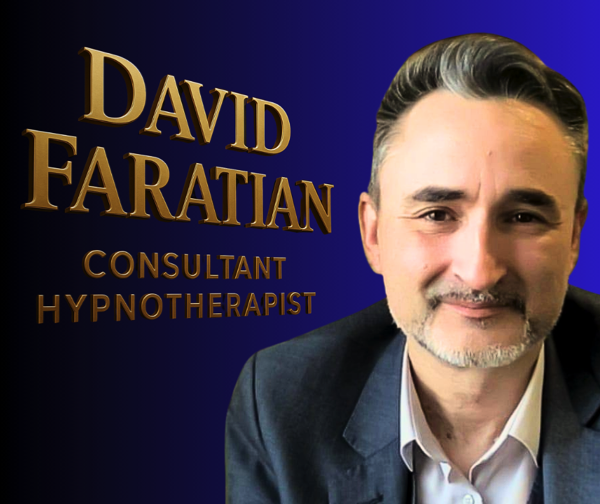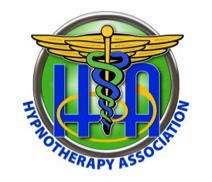General Anxiety Issues
Categories of anxiety
Anxiety comes in many forms and being anxious is a condition which affects all of us at some point in our lives to a greater or lesser degree. There are seven types of anxiety, all of which exhibit similar negative symptoms; choking, nausea, increased heart rate, upset stomach, sweating, trembling. These seven areas include General Anxiety Disorder (GAD), Social Phobia, Panic Attacks, Agoraphobia, Specific Phobias, Post Traumatic Stress Disorder (PTSD) and Obsessive Compulsive Disorder (OCD). Often the person suffering from anxiety has a fear of losing control in some way.
What are the effects of anxiety?
People who are anxious for some reason have a feeling of being out of control of a situation, constantly imagining the worst outcome or believing there is no hope. This can affect not only their everyday moods but also affect sleep patterns and in some extreme cases a person end up mildly or chronically depressed. Anxiety leads to avoiding all kinds of situations and people. A person suffering from anxiety will avoid meeting new people, may feel inadequate in their jobs or destroy their relationships.
Anxiety and panic attacks
The worst effect common to many sufferers is a sudden but intense feeling of panic, better known as a panic attack. People who suffer from panic attacks also tend to suffer from claustrophobia and/or agoraphobia. This condition unchecked can lead to long term problems which can also to the development of depression.
What is EMDR ?
EMDR stands for Eye Movement Desensitization and Reprocessing. It's a form of psychotherapy developed by Francine Shapiro in the late 1980s, primarily used to help people process and heal from traumatic experiences.
🔍 What is EMDR used for?
Originally developed to treat Post-Traumatic Stress Disorder (PTSD), EMDR is now also used for:
- Anxiety and panic disorders
- Depression
- Phobias
- Grief and loss
- Childhood trauma
- Performance anxiety
- Addiction (in some cases)
🧠 How does EMDR work?
EMDR is based on the idea that trauma can overwhelm the brain’s natural way of processing memories, causing them to become “stuck.” These unprocessed memories can lead to emotional distress, flashbacks, or other symptoms.
EMDR therapy helps reprocess these traumatic memories so they are no longer as emotionally disturbing.
🔄 What happens in an EMDR session?
A typical EMDR session includes 8 phases, but the key element involves:
- Recalling a traumatic memory while
- Engaging in bilateral stimulation, usually through:
- Eye movements (following the therapist’s fingers side to side),
- Tapping,
- Or auditory tones alternating between ears.
✅ Benefits of EMDR
- Doesn’t require clients to talk in detail about the trauma
- Typically shorter duration than traditional talk therapy

If you would like to take advantage of our FREE phone consultation then please fill out the contact form below and request a callback. Please include your phone number and best time to contact you (e.g. Evening 6pm)
Learn Mindfulness to manage your mental health
But what is mindfulness?
Mindfulness is evermore accepted in the mainstream as an effective way to balance the mind and body. Scientific studies have proven that learning to practice mindfulness can affect the brain chemistry in a similar way to taking certain mood enhancing medications.
More and more organisations and businesses are recognising the benefits of training their employees in the art of mindful living. This acceptance isn't altogether altruistic because it has significant benefits for the organisation by making the employee more productive and efficient.
Here at The Cumbria hypnosis and mindfulness clinic our entire philosophy when it comes to treating any kind of psychological imbalance is teaching our clients how to be mindful whether dealing with negative behaviours, feelings or emotions.
Learning to become more mindful at work especially in the office can create a more effortless experience of the working day which can translate into a much healthier work home life balance.
When you learn to stop and become more mindful in all of your activity you can essentially step off the hamster wheel, create some space and allow your natural mental processes to flow rather than to come to a grinding halt, which is often associated with frustration, lack of concentration, interrupted sleep patterns and a growing sense of mental stress and poor mental health.
Mindfulness is evermore accepted in the mainstream as an effective way to balance the mind and body. Scientific studies have proven that learning to practice mindfulness can affect the brain chemistry in a similar way to taking certain mood enhancing medications.
More and more organisations and businesses are recognising the benefits of training their employees in the art of mindful living. This acceptance isn't altogether altruistic because it has significant benefits for the organisation by making the employee more productive and efficient.
Here at The Cumbria hypnosis and mindfulness clinic our entire philosophy when it comes to treating any kind of psychological imbalance is teaching our clients how to be mindful whether dealing with negative behaviours, feelings or emotions.
Learning to become more mindful at work especially in the office can create a more effortless experience of the working day which can translate into a much healthier work home life balance.
When you learn to stop and become more mindful in all of your activity you can essentially step off the hamster wheel, create some space and allow your natural mental processes to flow rather than to come to a grinding halt, which is often associated with frustration, lack of concentration, interrupted sleep patterns and a growing sense of mental stress and poor mental health.

Effective treatment for anxiety
People are advised always to consult their GP before considering alternatives. The good news however, is that for those people who want to find an effective compliment to the treatment being received from their doctor, there is always NLP (Neuro-Linguistic Programming) EMDR (Eye Movement Desensitisation and Reprocessing) and Hypnotherapy. By its very nature hypnosis is a relaxation therapy and can be of great help in helping the sufferer release subconscious tension. More importantly, NLP and mindfulness have an excellent track record in identifying the trigger for panic attacks and empowering the sufferer to neutralise any limiting emotions or beliefs using effective strategies to rewire the anxious brain.
If any of this has resonated with you and you would like to discuss your options then please complete the contact form on this page and request your free callback.
Until I saw David Faratian I was living a daily nightmare. I couldn't eat or sleep properly and I felt everone and everything was against me. I wouldn't say this unless it was true, but now I feel much better in myself and able to cope
Gemma Prestwick (Cumbria)
Top
Need instant support - Try out our online support service by clicking on the chat box icon to the right hand side of the page








